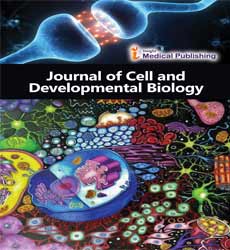Synergistic anti-cancer effects of Nigella sativa seed oil and conventional cytotoxic agent against human breast cancer.
Abstract
Breast cancer is the most commonly diagnosed invasive non-skin malignancy in women worldwide, and it is the leading cause of cancer-related deaths in women. Nigella sativa seed oil has been found to be effective in cancer treatment, as well as having anti-cancer properties in some other types of cancers. The study looked into the synergistic cytotoxic effects of Nigella sativa seed oil and doxorubicin in the treatment of human breast cancer cells (MCF-7). Nigella sativa seed oil was used to evaluate its effect on human breast cancer cells, either alone or in conjunction with doxorubicin.3-(4,5-dimethylthiazol-2-yl)-2,5- diphenyltetrazolium bromide (MTT) tests were used to examine cell proliferation and cell viability, while phase contrast inverted microscopy was used to examine cellular morphology. Furthermore, the role of Nigella sativa seed oil in decreasing cell tumorgenicity features was highlighted by testing the cancer cell migration using the wound healing assay. Results showed that higher concentrations (50µg/ml) of Nigella sativa seed oil changed the breast cancer cell morphology and decreased the cell proliferation and viability. Breast cancer cells treated with black seed oil decreased cell movement after 24 hours compared to the untreated cell in the wound healing assay. Whereas, only the higher concentration of doxorubicin (0.5µg/ml-2.5µg/ml) reduced cell proliferation and the cell viability. Moreover, the combination treatment of 50ug/ml of black seed oil with different concentrations of doxorubicin caused a significant cell proliferation reduction and decreased cell viability. The activity was seen optimum at lower concentration (0.1µg /ml) of doxorubicin.
Open Access Journals
- Aquaculture & Veterinary Science
- Chemistry & Chemical Sciences
- Clinical Sciences
- Engineering
- General Science
- Genetics & Molecular Biology
- Health Care & Nursing
- Immunology & Microbiology
- Materials Science
- Mathematics & Physics
- Medical Sciences
- Neurology & Psychiatry
- Oncology & Cancer Science
- Pharmaceutical Sciences
